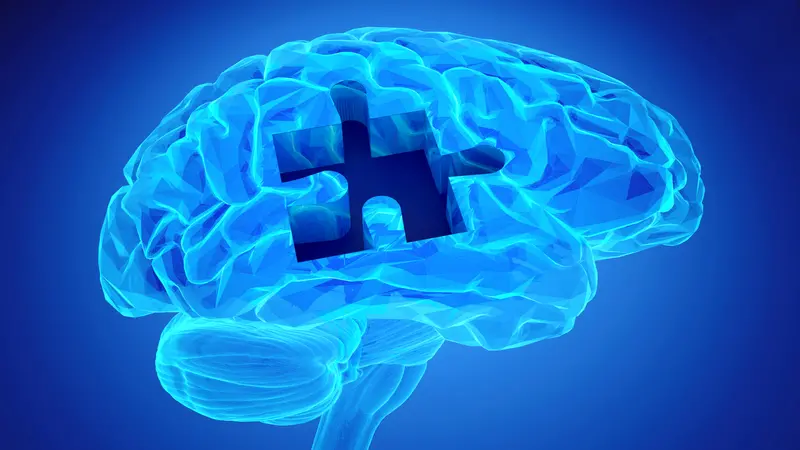

Natural

Natural
Effects of Natural Products on Brain Function and Diseases
Many dietary supplements are often marketed with claims that they enhance memory or improve brain function. Although a few trials of natural products for the prevention of cognitive decline or dementia have shown some modest effects, direct evidence is lacking.
The National Center for Complementary and Integrative Health (NCCIH), part of the U.S. Department of Health and Human Services, summarized the research on the effect of five natural products on cognitive function, dementia, and Alzheimer’s disease: ginkgo biloba, omega-3, vitamin E, curcumin, and vitamin B.
Ginkgo biloba
Ginkgo biloba (ginkgo) is a species of tree native to China and one of the oldest living tree species. It has a long history in traditional Chinese medicine, including ginkgo nuts being given to members of the Chinese royal court for senility.
Numerous studies have evaluated ginkgo’s effect on cognitive function and diseases. Unfortunately, there’s no conclusive evidence that ginkgo is helpful in preventing or slowing dementia or cognitive decline. Although some studies suggest that ginkgo may help to slightly improve some symptoms of dementia, the findings have been described as unreliable. Also, other studies have had conflicting findings.
Omega-3
Omega-3 fatty acids are nutrients found in food or supplements that help build and maintain a healthy body and are key to the structure of every cell wall. Omega-3s are found in fish and other seafood (especially cold-water fatty fish, such as salmon, mackerel, tuna, herring, and sardines), nuts and seeds (e.g., flaxseed, chia seeds, walnuts), and plant oils (e.g., flaxseed oil, soybean oil, canola oil).
The most consistent positive research findings on a natural product’s ability to prevent cognitive decline in older adults are for omega-3 fatty acids, often measured as how much fish is consumed in the diet. However, several high-quality reviews have found no available evidence for the efficacy of omega-3 supplements on the cognitive functioning of older people without dementia, and no convincing evidence for efficacy in the treatment of mild-to-moderate Alzheimer’s disease and dementia.
Vitamin E
A 2017 systematic review of two randomized controlled trials involving a total of 820 participants with either mild cognitive impairment or Alzheimer’s disease was conducted. Researchers found no evidence that vitamin E prevents progression of mild cognitive impairment to dementia, or that it improves cognitive function in people with mild cognitive impairment or dementia due to Alzheimer’s disease. However, there was moderate quality evidence from a single study that vitamin E may slow functional decline in Alzheimer’s disease.
The researchers noted that these findings are still based on small numbers of trials and participants and further research is needed.
Curcumin
Curcumin is the principal curcuminoid of turmeric. It is sold as an herbal supplement, cosmetics ingredient, food flavoring, and food coloring.
A few clinical trials have examined the effects of curcumin on Alzheimer’s disease. Unfortunately, these trials are limited and inconsistent, making it difficult to draw conclusions about potential benefits of curcumin.
Researchers of curcumin noted that more research is necessary, including longer-term studies and research to improve curcumin’s bioavailability, or the proportion of curcumin which enters the circulation that can have an active effect.
Vitamin B
A 2018 systematic review of five trials involving 879 participants concluded that there is no evidence for beneficial effects on cognition with or without dementia of supplementation with B vitamins (B12, B6, and folic acid).
REFERENCES
National Center for Complementary and Integrative Health. (2020, November). Dietary supplements and cognitive function, dementia, and Alzheimer’s disease. NCCIH Clinical Digest. National Institutes of Health. U.S. Department of Health and Human Services. https://www.nccih.nih.gov/health/providers/digest/dietary-supplements-and-cognitive-function-dementia-and-alzheimers-disease?nav=govd


 By
By







